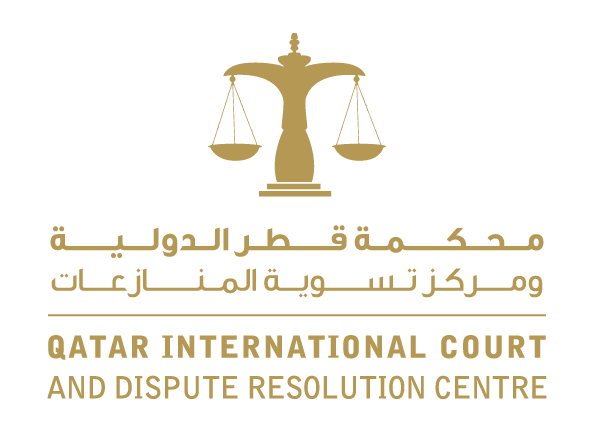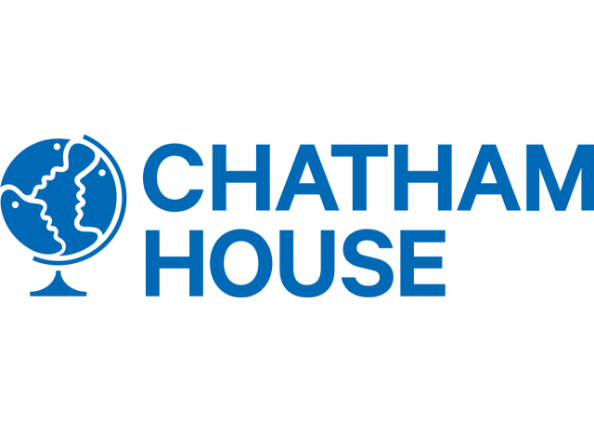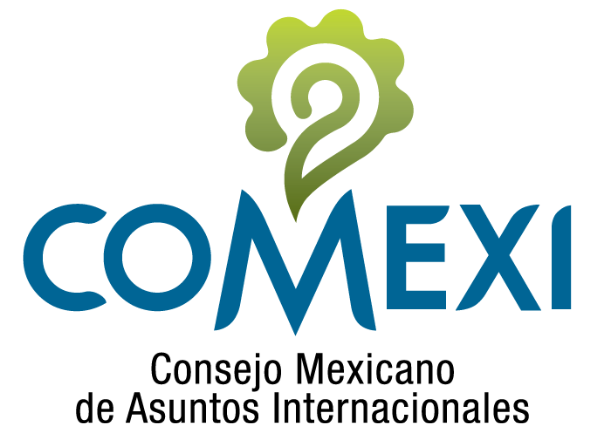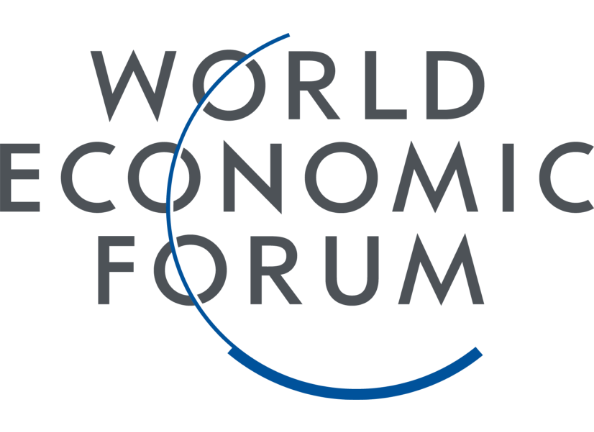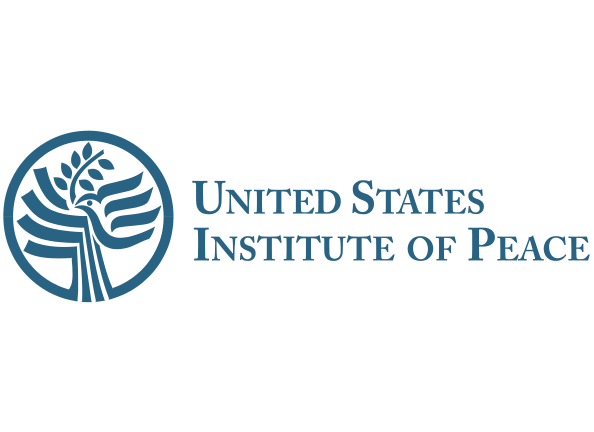Doha Forum 2023
Session Descriptions
Breaking Barriers with Behavioral Science: Building Resilient Communities and Promoting Social Inclusion
Program Start: 10 December 2023, 16:00 - 16:40
New approaches to preventing violent extremism can be enhanced by employing behavioral science, in tandem with data and digital technologies, to track conflict trends and sentiments as well as foster inclusive dialogues. What are the impacts and ethical boundaries of such approaches? How can improving evidence-based decisions within the UN system enhance its “New Agenda for Peace?”
Inclusive Economic Systems for Sustainable Growth
Program Start: 10 December 2023, 16:00 - 16:50
Amid global crises and tight fiscal spaces, how can we build economic systems that support the full potential of women’s economic power? How can financial institutions and other private sector actors, development agencies, and governments work together to ensure greater access to affordable capital and digital infrastructure? How can we ensure equal access to climate-adaptive tools and resources that increase agricultural production and economic stability for women farmers and create more resilient economies for all?
The Role of International Law in Resolving Territorial Disputes
Program Start: 10 December 2023, 16:00 - 16:50
Territorial disputes can escalate into conflicts that disrupt international peace. By embracing international law as a means of settling such disputes, nations can promote the rule of law on the global stage, emphasizing the power of diplomacy and negotiation over resorting to force. What factors enable disputes to be settled by law or set them up to fail? What can be done to encourage arbitration and what role can regional bodies play?
BRICS Rising Influence in a Multipolar International Order
Program Start: 10 December 2023, 17:00 - 17:45
BRICS has long represented an influential and unique coalition of major emerging economies, providing leadership on the global stage without being classified as traditional superpowers. Dozens of countries have expressed interest in joining and this year, BRICS announced the expansion of six more countries. Where do the strengths of the new BRICS alliance lie, and how can they work together to continue their influential position in the global order? And what influence does this group have on middle powers around the world for global cooperation and governance?
Newsmaker Interview: H.E. Sergey Lavrov, Minister of Foreign Affairs, Russia
Program Start: 10 December 2023, 17:45 - 18:15
Local, Regional and International Dynamics in Yemen (invitation only)
Program Start: 10 December 2023, 18:30 - 19:20
Changing dynamics in the region this year has led - in part- to deescalation in Yemen, opening an opportunity to reconsider ways to support an inclusive peace in the war torn country. Meanwhile, the spillover of the war in Gaza has taken Yemen into a new level of proxy wars and regional escalations with a global impact threatening one of the most critical maritime and trade routes in the world - Bab al-Mandab. This closed-door, two-part roundtable will look at how regional and international actors and factors are contributing to conflict, escalation and stabilization as well as prospects for the country’s economic future through regional blocs.
Nearshoring and Friendshoring - Changing Priorities in Global Trade
Program Start: 10 December 2023, 18:30 - 19:20
Disruption to supply chains and increasing tensions between the US and China have led to sharp changes in industrial policies that move away from free-market trade towards a more protected position. Nearshoring, friendshoring, derisking and decoupling have taken priorities in many countries and redrawn trade routes of the past 50 years. Will these policies limit trade or will they ensure stable global supply chains?
AI as a Disruptive Panacea - Mitigating Risks and Realizing Opportunities
Program Start: 10 December 2023, 18:30 - 19:20
As artificial intelligence technologies and its new iterations such as generative AI, fundamentally change economies and industries, questions on risks associated with its upscale and the negative implications on ecosystems loom. What are the future opportunities promised and what are the measures and governance mechanisms needed to ensure the responsible deployment of AI?
Energy Security and Economic Stability in Turbulent Times
Program Start: 10 December 2023, 18:30 - 19:20
This session will explore the challenge of maintaining energy security and economic stability against the backdrop of global turbulence. We will address the direct impacts of energy dependencies on national economies, exploring strategies for ensuring reliable energy supplies while navigating economic uncertainties and regulatory compliance. We will consider the state of international collaboration in responding to the volatile dynamics of global energy markets. Emphasis will be placed on practical approaches that can bolster economic resilience and energy security, particularly in the face of escalating geopolitical tensions and a rapidly changing energy landscape.
Afghan Women as a Source of Afghan Stability
Program Start: 10 December 2023, 18:30 - 19:20
Afghanistan continues to be the world’s largest humanitarian crisis, with 35 million in poverty and two-thirds of Afghan households at risk of starvation without emergency food assistance. Unprecedented restrictions on Afghan women to work or study have reduced the ability for the economy to meet Afghan’s basic needs and the country’s future potential. How can an enabling environment be created for women to take part in their country's recovery from decades of war?

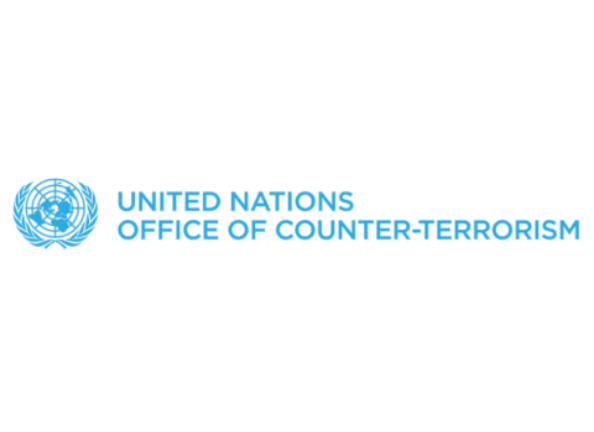

.png?sfvrsn=e182a3da_1)
